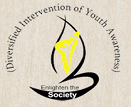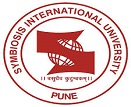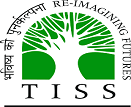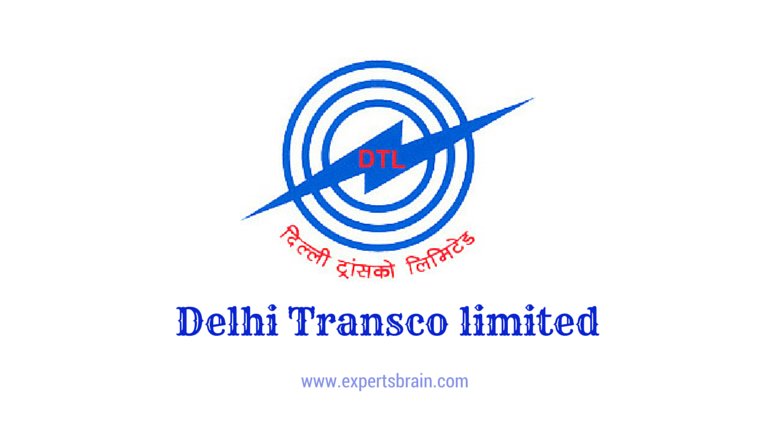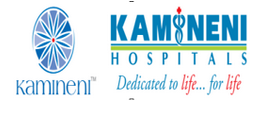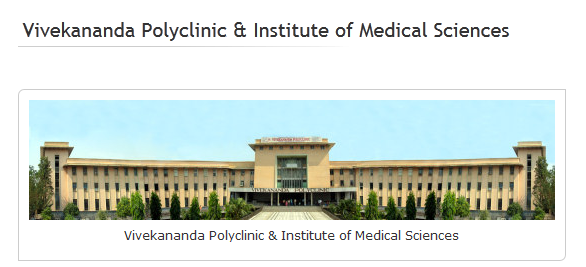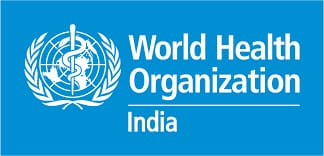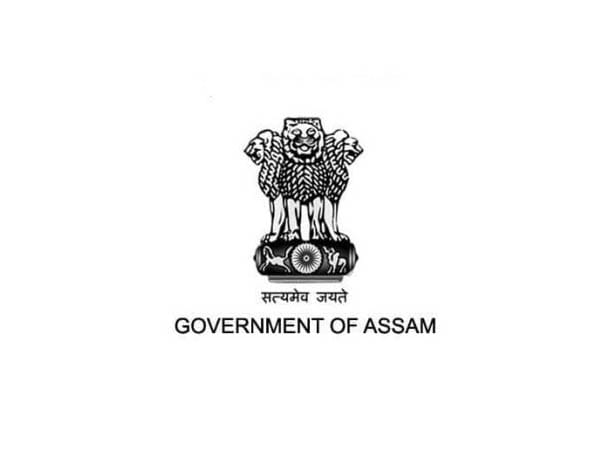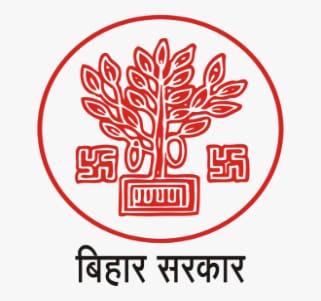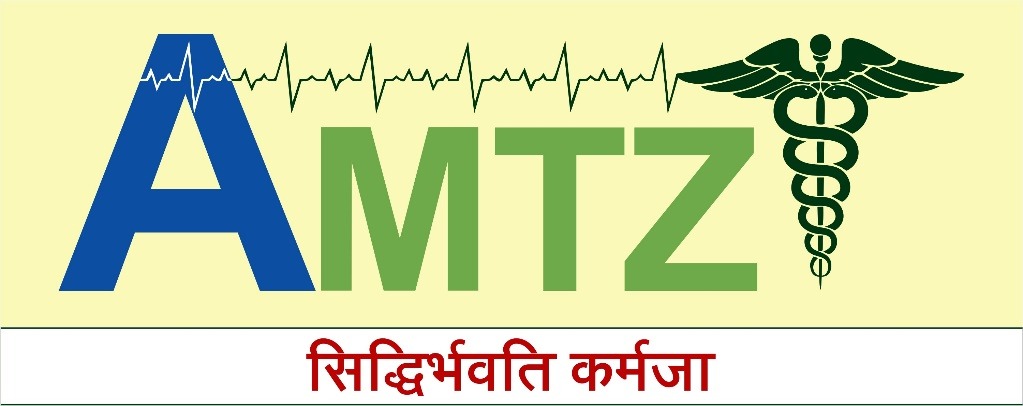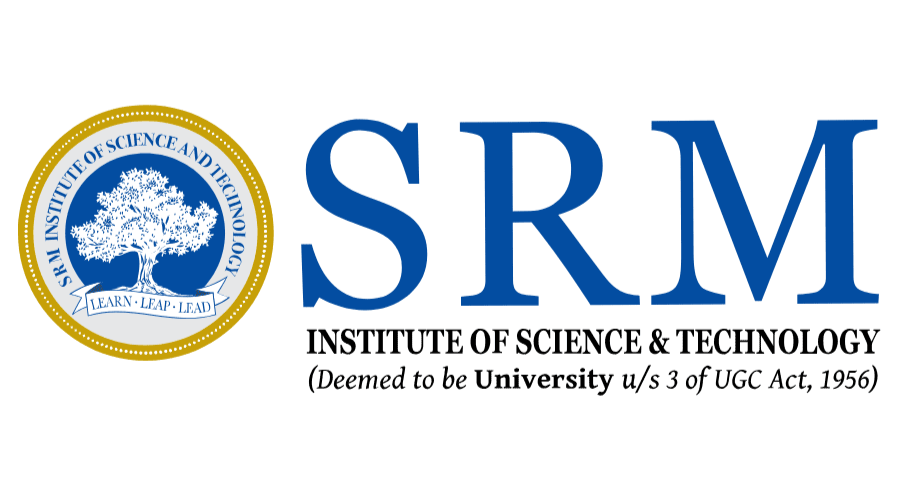

Hospital Safety And Disaster Management Planning
HOPE- HERO PROGRAMME
“Disaster” is not a new word these days, a word seen often on daily basis on first to last pages of newspapers and on screens of channels. Distorted images of otherwise normal and beautiful places and human beings often seem unreal in context of Disasters. As per Sendai Framework of action, health is considered as one of the key sector to be focused in DRR. Hospital and healthcare are the first line of defense in Response to any sort of Disasters and even in day to day situations. Optimum functionality of this group is utmost desired in any crisis condition. Structural safety followed by Functional enhancement, capacity of the health workforce right from a security guard, ward boy to senior level specialist doctors and hospital administrators, all need to have a predefined roles and responsibilities as far as disasters are concerned. HERO and HOPE aims to build such integrated approach and make healthcare facilities ready to cope and remain functional during the time of disasters and emergencies. INSITITUTION for DISASTERS EMERGENCY & ACCIDENTS (IDEA) works actively in this area of health sector preparedness and planning and has experience of training various hospitals and healthcare facilities to make them better equipped, positional and functional in the challenging times. IDEA and IMA – DM cell shares a Commitment, bond and passion to create a health workforce for future to help millions in crisis in the nation. These programmes are implemented in more than 14 states and several healthcare workers and hospitals have benefited from our solutions.
H.E.R.O - Healthcare Emergency Response Official
With the amount of services rendered to the society on daily basis, healthcare professionals are already doing a wonderful job, but as the name suggest they can be of outmost utilization and of help during emergencies if equipped with proper skills and protocols. This HERO can act as an efficient help for inside and outside emergencies. This training aims at both medicos as well as nonmedicos with suitable customization.
H.E.R.O - Healthcare Emergency Response Official or HOPE I
You me and everybody can be a hero. India needs hero in each and every home, a hero that can help everybody and can bring smiles on many faces.

H.O.P.E- Hospital Operational Preparedness for Emergencies
A unique programme will emerge with a proposed evident future. Hospitals to remain functional after catastrophic events is a challenging task, As the name suggest it will provide a hope for dealing with future emergencies in an organized way and hence more lives can be saved. Training is supposed to be recurring in nature 1-3 times /year to develop proficient Hospital Staff following the NDMA guidelines and preceding from Basic HOPE I towards Advance HOPE III. Total Duration of training programme is 5 Days.
1. HOPE – I or HERO – Basic - 1 day Role of Person within the Department (PersonalPreparedness)
Target Audience :
- Junior Nurses- Ward Boys
- Security Guards
- Doctors
- Pharmacists
- EMT
- Other allied hospital staff
Schedule / Contents :
- AFAT- Advanced First Aid Training- Getting Face to Face with Disasters
- Survival techniques in disasters
- Psychosocial first Aid
- Triage, re-triage and disposition
- Extrication + Good Samaritan
- Motivation
- Medical Mock Drill & Communication Exercise
2. HOPE – II –Intermediate–2days Role of Department within the Hospital (Departmental / UnitPreparedness)
Target Audience :
- Nursing Incharges- Doctors
- HOD’s
- Engineer – Maintenance
- Security Incharges
- Emergency Medicine Resident
Schedule / Contents :
- Preparation and Implementation of Hospital Disaster Management Plan: Focus on Emergency Health Services- Disaster Management and health : Key issues and challenges
- Disaster Management :key concepts of hazard, vulnerability, risk and capacity & DM Act and policy –implications for health sector (HDMP in lines with DDMP)
- Disaster Management cycle and its various phases
- Constituents of hospital Safety / Functionality
- Case Studies/lessons learnt :- Hospitals and Disasters
- Hospital DM plan :- Key Steps, Component and standards
- Functioning of Emergency Department
- Structural & Nonstructural Mitigation Measures
- Protecting medical equipment and contents to maintain functionality
- Preparing checklist for hospital safety
- Management of Dead bodies and Medico legal formalities
- Training of hospital staff and mock drills, Skill matrix for all health workers
- Health information system: monitoring and evaluation
- Protecting utility systems critical to maintaining functionality
- Evacuation Strategy : Especially from Critical Care units
- Personal Protective Equipment, Decon Shower, Waste management
- How to do Drill Evaluation, Feedback & Cold Wash
- Hospital building seismic performance for maintaining functionality - Easy RVS
- Simple things your hospital can do now
- Protocols for CBRN preparedness in facilities
- Trauma care ,psycho-social care issues
- SOP for Mass Casualty Management,
- Life and Fire Safety
3. HOPE – III–Advanced – 2 days Role of Hospital within the Community (HospitalPreparedness)
Target Audience :
- Finance- HR
- Administration
- HOD’s
- Senior Level doctors
- Community Leaders
- Medical Superintendent
- Hospital owner
Schedule / Contents :
- Introduction to necessary components for post-event functionality- Roles and functions of hospitals in health Emergencies
- Development of Hospital Incident Command System (HICS vs HEICS vs HIRS)
- Keeping the Hospitals Functional During Disasters
- Effective use of community volunteers in disaster times
- Networking with health and other machineries
- Monitoring the implementation of hospital disaster management plan
- Staff preparedness for maintaining functionality
- Restoring Back to Normaly
- Preparation of SOP for all health staff Cad rewise
- Extended Out of Hospital community service in Disasters
- Re-updating your HDMP
- Hazard profile of your Area from National Profile–
- An exercise – How much you are exposed?
- Risk Management Decision-making for Health Facilities
- Hospital Networking
- Hazards specific hospital preparedness
- Way forward for hospitals in the country- Accreditation, fire clearances and Building Laws and NDMA guidelines
Expected learning of skills :
- Exposure to multiple emergency scenarios and hands on experience through mock drill- Resource allocation in disaster preparedness
- Critical thinking and decision making strategies application for disaster causality management using triage
- Causality handling technique application after disaster
- Demonstration of communication skills at the time of disaster
- Illustration of skills of group evacuation during disaster
- Role-plays and group based activities for better handling for disaster victims.
- Understanding of roles and responsibilities during emergency
- Mass-casualty management
- Debriefing and critical feedback session
- Confidence building among participants and increase in sense of volunteerism for help.




















